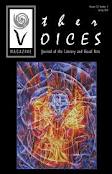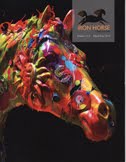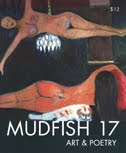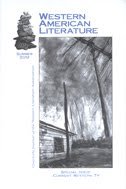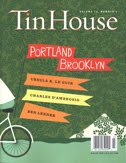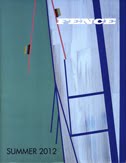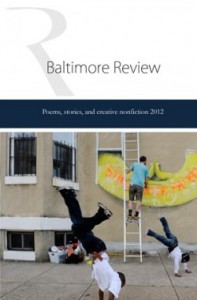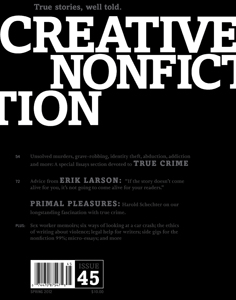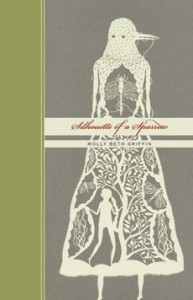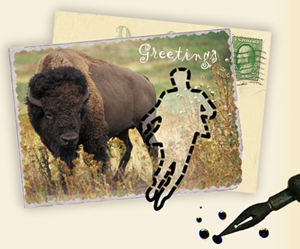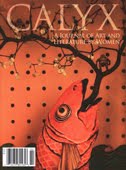Glimmer Train announced the winning stories for their June Fiction Open competition. This Fiction Open competition is held quarterly. Stories generally range from 2000-6000 words, though up to 20,000 is fine. The next Fiction Open will take place in September. Glimmer Train’s monthly submission calendar may be viewed here.
 First place: Stefani Nellen (pictured), of Groningen, The Netherlands, wins $2500 for “Men in Pink Tutus.” Her story will be published in the Fall 2013 issue of Glimmer Train Stories. [Photo credit: Niels Taatgen]
First place: Stefani Nellen (pictured), of Groningen, The Netherlands, wins $2500 for “Men in Pink Tutus.” Her story will be published in the Fall 2013 issue of Glimmer Train Stories. [Photo credit: Niels Taatgen]
Second place: Tom Kealey, of Greensboro, NC, wins $1000 for “The Lost Brother.” His story will also appear in an upcoming issue of Glimmer Train Stories.
Third place: Ben Fowlkes, of Missoula, MT, wins $600 for “Something Something Land Down Under.” His story will also be published in Glimmer Train Stories, increasing his prize to $700.
A PDF of the Top 25 winners can be found here.
Upcoming Deadline for the next Fiction Open competition: September 30, 2012


